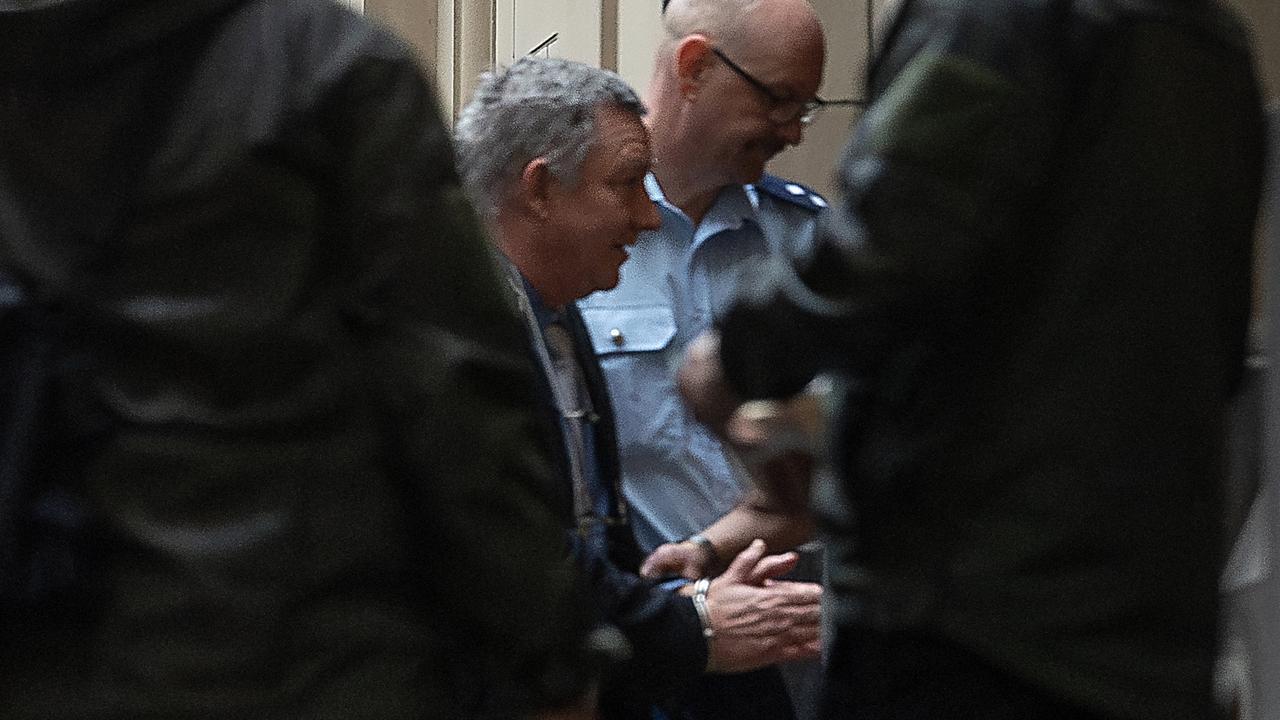Budget’s $12bn cash splash on health services including nurses, paramedics
More nurses and paramedics will be hired under a $12bn investment in health services — but the newly released budget has revealed the West Gate Tunnel’s disastrous cost blowout.
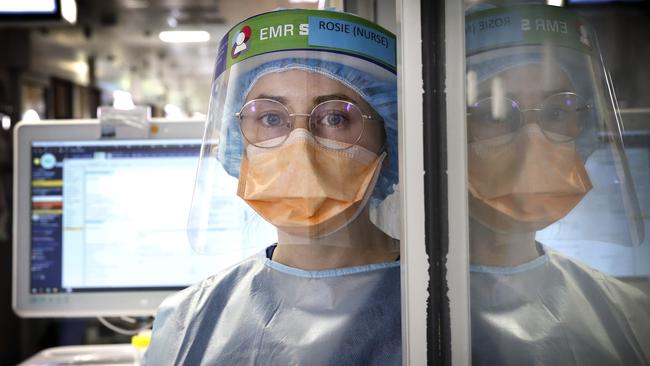
Victoria
Don't miss out on the headlines from Victoria. Followed categories will be added to My News.
Tax revenue will soar by more than $10bn from pre-Covid levels as the state government works to wind back record debt levels.
Treasurer Tim Pallas handed down his eighth budget on Tuesday, showcasing a record $12bn investment in health services.
It will include funding for an extra 5000 nurses, more paramedics, and a $300mn boost to address the crisis-riddled triple-0 service.
A Covid Catch-Up Plan will aim to address a blowout in elective surgery waiting lists, with plans to push through 240,000 surgeries annually by 2024.
Regional Victoria will also benefit from $5.7bn in initiatives while $2.6bn will be set aside to fund the 2026 Commonwealth Games.
Funding is also included for 502 new police and 50 PSOs over the next two years, including $214m for the rollout of tasers to all frontline police.
The sharp rise in tax revenue is expected to shape up as a key election issue.
However, with no new taxes in the budget, the government appears to have neutralised a state opposition election promise not to introduce any new taxes.
The government is expecting tax income to rise to $34.6bn by 2025-2026, up $10.8bn since 2018-19, the last full financial year before Covid.
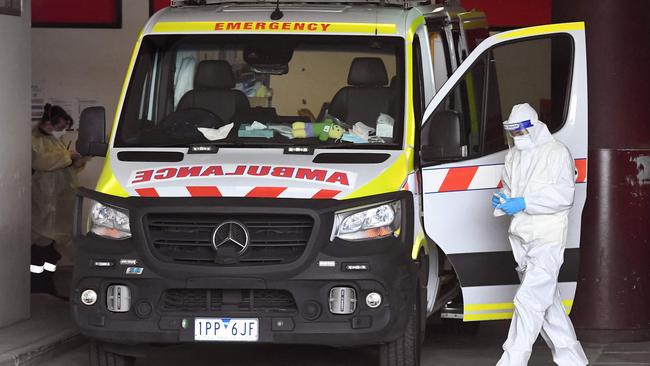
At the same time, the government’s wage bill will increase by $5bn, including revised costs of more than $500m over the past year.
The state’s record debt will rise further to $167.5bn.
However it will reduce slightly to 26.5 per cent as a proportion of gross state product, still well above the government’s now scrapped target of 12 per cent.
Mr Pallas said the government was confident it could drive net debt down, but stopped short of outlining a comprehensive strategy for doing so.
A new Victorian Future Fund, established using proceeds from the VicRoads joint venture, would be key to the debt stabilisation strategy, he said.
The fund was projected to have a balance of $10bn in the medium term, with interest earned used to pay down debt.
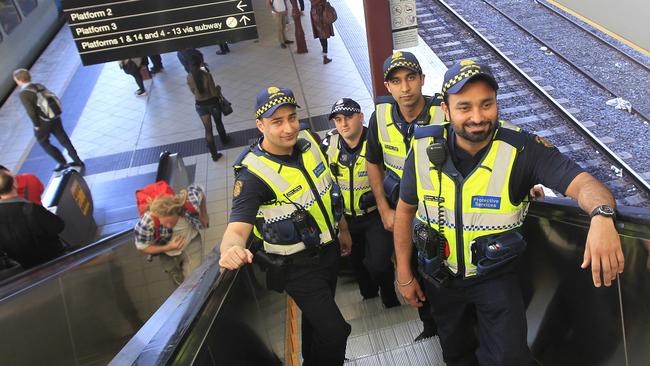
Mr Pallas said strong jobs and wages growth had propelled Victoria’s economic recovery, with forecasts of a return to surplus by 2025-26.
The state’s unemployment rate of 4 per cent is a record low, and jobs growth is predicted every year.
The economy is tipped to be 8.7 per cent bigger at the end of this financial year than it was in 2018-19.
The $17.6bn operating deficit of 2021-22 was $1.9bn lower than forecast in December’s budget update, and would drop to $7.9bn next year.
Government expenditure would fall by 9.7 per cent in 2022-23.
“At its heart this is a budget that looks after the health and wellbeing of every single Victorian,” Mr Pallas said.
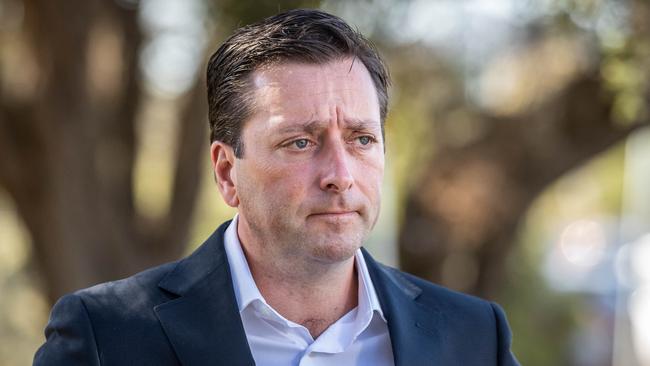
Guy says budget ignores needs
Opposition leader Matthew Guy lashed the budget, saying it ignored the needs of Victorians.
“Victorians deserve better than a Premier more concerned with repairing his personal brand than repairing local communities,” he said.
“How can you trust the government that got us into this mess to be the ones to get us out of it?
“People’s money is not a plaything for a politician on the nose and should instead be used to ensure Victorians can have a secure job and better future for their children.”
Mr Guy said billions of dollars of increased taxation, including increases of $603m in land tax, $1.5bn in stamp duty on land transfers and $1.1bn in payroll taxes over the coming year, offered no hip-pocket relief for Victorians.
But Victorian Chamber of Commerce and Industry chief Paul Guerra welcomed the focus on health, education and skills and regional Victoria.
“While the commitments for business are modest, we’re pleased that the government has adopted many of the proposals put forward by the Victorian Chamber to help put them back in the driver’s seat of the state’s economy,” he said.
“These include making it easier to operate a business through improved use of the Services Victoria app which directly aligns with our call for a business concierge service to cut red tape and paperwork.
“We would expect to see further measures adopted to support business in the lead-up to the state election later this year.”
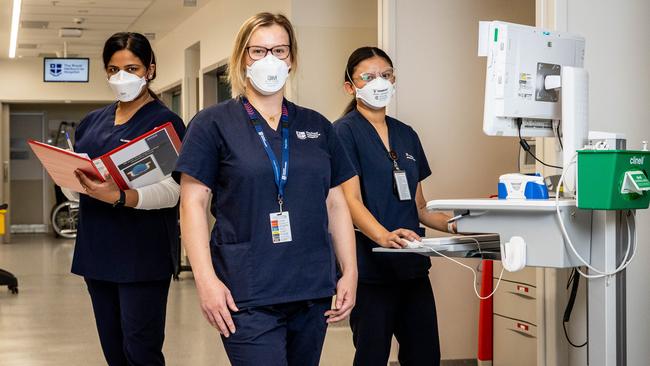
Business leaders say budget misses mark
Victoria Tourism Industry Council CEO Felicia Mariani said the budget supported the recovery of the state’s visitor economy, but did not address the jobs crisis crippling the industry.
“This budget is focused on key investments across both metro and regional areas and delivers much needed infrastructure improvements and enhancements to our road and rail transport connections,” Ms Mariani said.
“With nearly $465m of investment (for the industry) this Budget is a strong endorsement by the government of the vital role Victoria’s visitor economy will play in our state’s recovery.
“The missing plank in all of this, however, is the urgent jobs crisis crippling our industry and impeding recovery.”
Ms Mariani said it will be “nearly impossible” to realise the goals the government has set for the industry – to reach $35bn in annual visitor spend and employ 300,000 people by 2024.
Before the pandemic, the tourism industry employed 263,000 people across the state. The last two years has seen nearly 100,000 people leave the sector to take up jobs elsewhere.
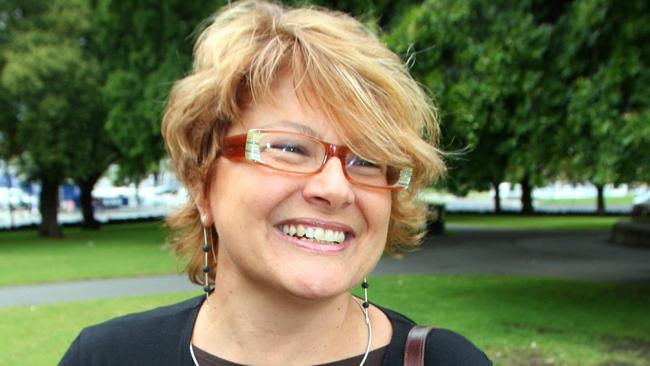
“These lofty targets will simply never be achieved without people on the ground,” she said.
Small Business Australia executive director Bill Lang said the budget missed the mark for business.
“This is a very disappointing budget for small business families, who are seen as nothing more than revenue raisers for the state government to pay the billions needed for the ever-growing public service, pet projects such as the Commonwealth Games and pork barrelling where the government senses electoral difficulties in Ballarat and Melton,” he said.
“There is nothing in this budget to aid the recovery of small businesses still impacted by the Victorian governments anti-business Covid policies.
“There is nothing in this budget to aid the recovery of Melbourne’s CBD. There is nothing in this budget to address skill shortages. In fact, there is nothing in this budget for small business at all.”
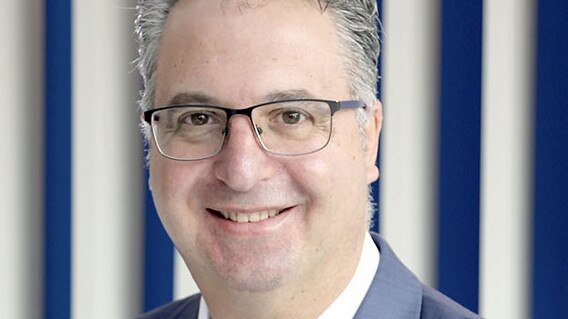
Credit rating warnings
John Manning, vice-president at credit agency Moody’s Investors Service, said the budget did nothing to ease negative pressure on Victoria’s rating.
“We consider rising inflationary pressures, and hence, interest rates, as well as likely more volatile global economic growth amid elevated geopolitical volatility will increase cost pressures for the state and make the budgeted expenditure levels challenging to achieve,” he said.
“Despite the underlying strength of the Victorian and broader Australian economy, we expect Victoria’s debt burden will not stabilize before the end of fiscal 2027, further increasing negative pressure on the state’s rating.”
Mr Manning said while the state’s economic recovery had exceeded initial expectations, sustained debt-funded capital spending – expected to average $21.3bn annually over the next four years – would constrain the state’s capacity to pursue fiscal repair.
S&P Global Ratings analyst Rebecca Hrvatin also warned of ongoing concerns about Victoria’s finances.
She said while the budget marked a strong post-Covid economic recovery, after-capital account deficits and rising debt levels remained key downside risks to the state’s rating.
“The state’s debt levels are likely to soar past 200 per cent of operating revenues by fiscal 2024 due to historically high infrastructure spending, exacerbated by rising inflationary pressures and some project-related cost overruns.
“While no new major infrastructure projects were announced in today’s budget, an already packed pipeline means debt levels continue to rise, reflecting large and persistent after-capital account deficits. We consequently believe Victoria’s fiscal repair will be gradual.
“Downside risks to economic activity remain in an environment of rising inflation and stagnant wages.”
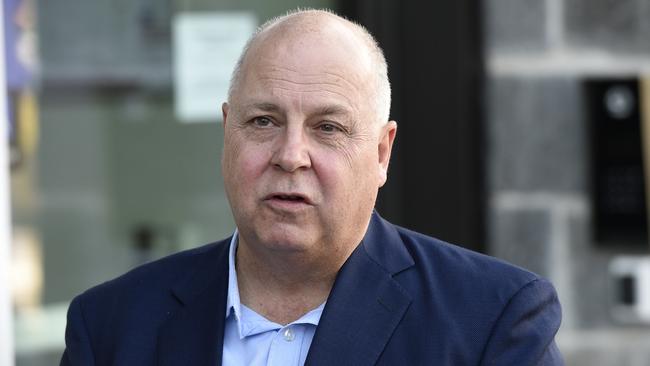
Major projects bill blows out
Almost $6bn has been added to the cost of major projects in Victoria since the previous state budget – with most of the blowout sheeted home to the disastrous West Gate Tunnel.
An analysis included in the budget shows that for projects worth more than $100m there has been a net 4 per cent increase in costs, while 17 per cent had time frames shifted.
Treasurer Tim Pallas said the West Gate Tunnel, which the government recently revealed would cost an extra $4.1bn to build and would be opened three years late in 2025, had distorted the overall Big Build performance.
The state will pay about $1.9bn of the total overrun bill for the West Gate Tunnel.
Other than that trouble-plagued road, increases to large publicly-funded infrastructure project costs were kept to 1 per cent, with most of that blamed on industry pressures and competition.
The government has locked in an average of $21.3bn a year in infrastructure spending over the forward estimates, which the treasurer described as effectively working to capacity.
New initiatives worth about $6.7bn were included in this budget, including $1.6bn on new schools, $1bn on a new Melton Hospital, and $525m expanding the Barwon Women’s and Children’s Hospital.
Mr Pallas said the government had a choice to “wind back” its pipeline or alter its scheduling of future builds given sector constraints.
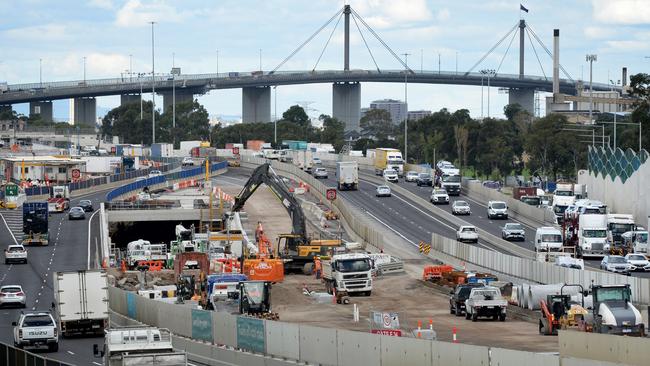
“The industry is demonstrating signs of stress, both in terms of competitive capacity in terms of skills, and in terms of resources availability,” he said.
Mr Pallas said work was being done on how to schedule future works, given that there were so many publicly-funded projects set to proceed over the next few years.
He did not specify which projects would be evaluated, but the government’s biggest single infrastructure investment is the Suburban Rail Loop.
That project, which will be built between Cheltenham and Box Hill via a 26km tunnel, is set to cost up to $34.5bn and open in 2035.
Mr Pallas said the evaluation of future project timelines was about being “realistic” and “repairing our expectations going forward rather than backwards” – so wouldn’t effect contracts already signed.
He said while there had been more blowouts in projects over the past year the government had “got better and better” at reining in costs across 787 projects it helped fund.
“We are starting to get a greater level of appreciation that we know how to deal with these projects, and how to manage them,” he said.
Mr Pallas said there was good news from recent level crossing removals, which had come in under budget.
This would offset some of the other projects that had blown out, including the Frankston hospital redevelopment.
More Coverage
Originally published as Budget’s $12bn cash splash on health services including nurses, paramedics


